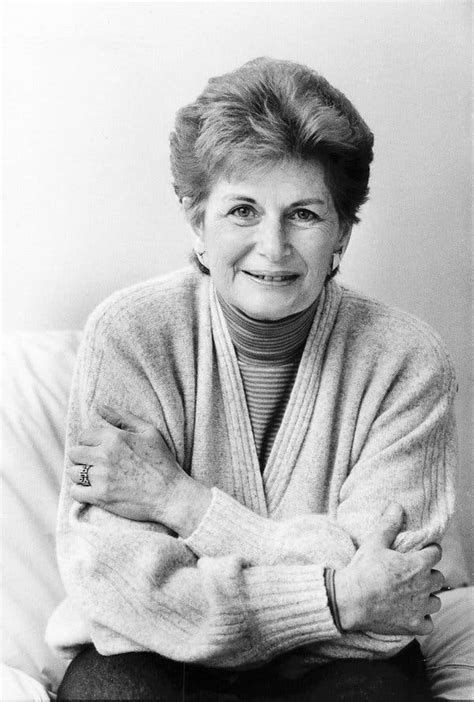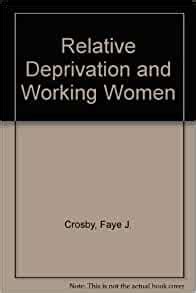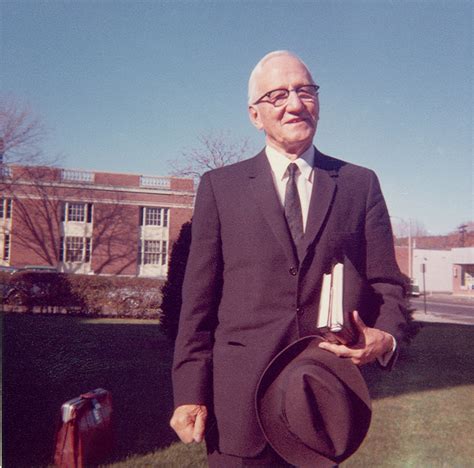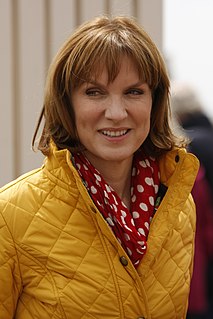A Quote by Lillian B. Rubin
The authoritarian child-rearing style so often found in working-class families stems in part from the fact that parents see aroundthem so many young people whose lives are touched by the pain and delinquency that so often accompanies a life of poverty. Therefore, these parents live in fear for their children's future--fear that they'll lose control, that the children will wind up on the streets or, worse yet, in jail.
Related Quotes
Children who are not encouraged to do, to try, to explore, to master, and to risk failure, often feel helpless and inadequate. Over-controlled by anxious, fearful parents, these children often become anxious and fearful themselves. This makes it difficult for them to mature. Many never outgrow the need for ongoing parental guidance and control. As a result, their parents continue to invade, manipulate, and frequently dominate their lives.
One can tell a child everything, anything. I have often been struck by the fact that parents know their children so little. They should not conceal so much from them. How well even little children understand that their parents conceal things from them, because they consider them too young to understand! Children are capable of giving advice in the most important matters.
There are many things children accept as "grown-up things" over when they have no control and for which they have no responsibility--for instance, weddings, having babies, buying houses, and driving cars. Parents who are separating really need to help their children put divorce on that grown-up list, so that children do not see themselves as the cause of their parents' decision to live apart.
It's shocking that so many children still live in fear as a result of violence in the home, and don't know who to turn to for help and support. As a child survivor of domestic violence I can remember the fear and isolation. I'm delighted to support the Hideout, the new Women's Aid website for children and young people. I know it could have made a real difference to me and will provide great comfort and support to thousands of children.
Parents who are cowed by temper tantrums and screaming defiance are only inviting more of the same. Young children become more cooperative with parents who confidently assert the reasons for their demands and enforce reasonable rules. Even if there are a few rough spots, relationships between parents and young children run more smoothly when the parent, rather than the child, is in control.
Westerners often laud their children as 'talented' or 'gifted', while Asian parents highlight the importance of hard work. And in fact, research performed by Stanford psychologist Carol Dweck has found that the way parents offer approval affects the way children perform, even the way they feel about themselves.
Crisis or transition of any kind reminds us of what matters most. In the routine of life, we often take our families-our parents and children and siblings-for granted. But in times of danger and need and change, there is no question that what we care about most is our families! It will be even more so when we leave this life and enter into the spirit world. Surely the first people we will seek to find there will be father, mother, spouse, children, and siblings.
This kind of horror has become all too familiar to us. As parents, Cindy and I offer our prayers to the memory of the slain children and ask that God ease the pain of Littleton's suffering families, ... The students of Columbine High School and children everywhere have a basic right to learn in an environment free of fear and violence. We must redouble our efforts to see that this is a reality.



































